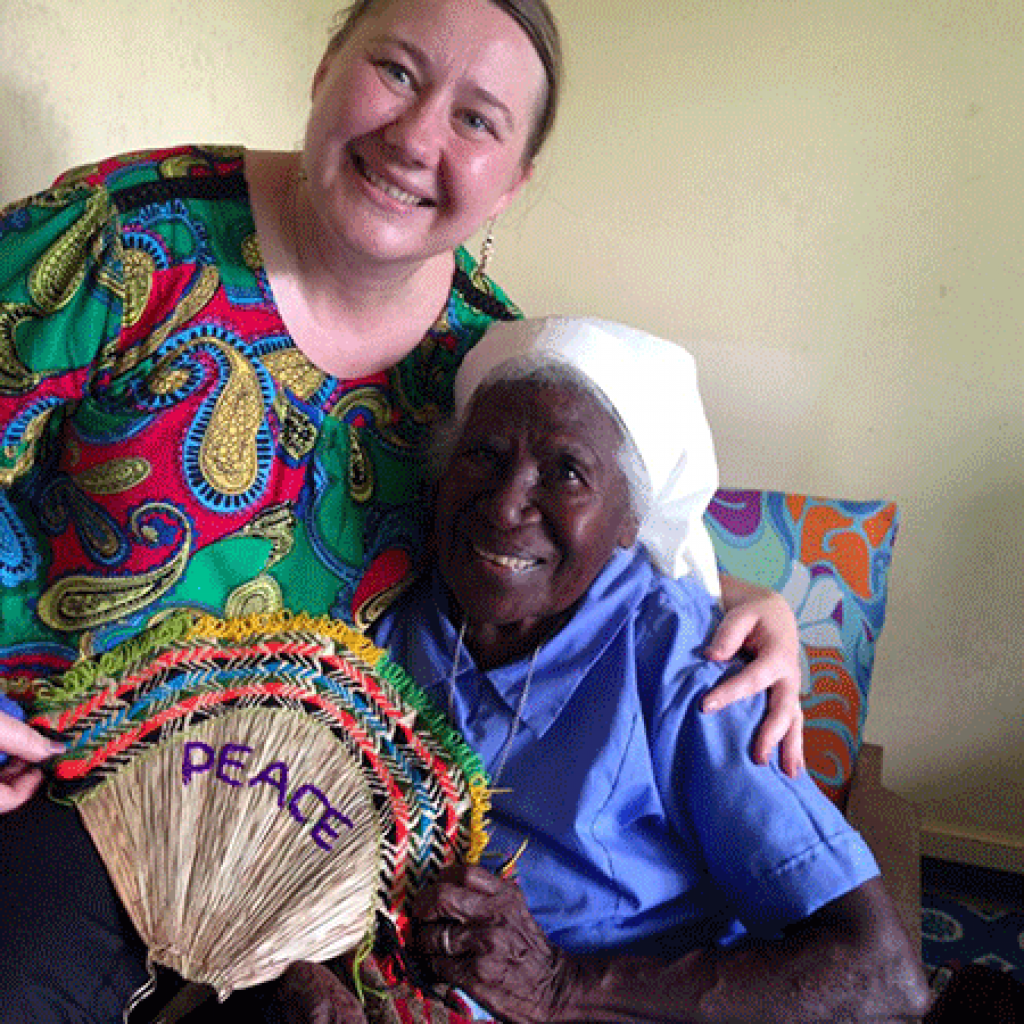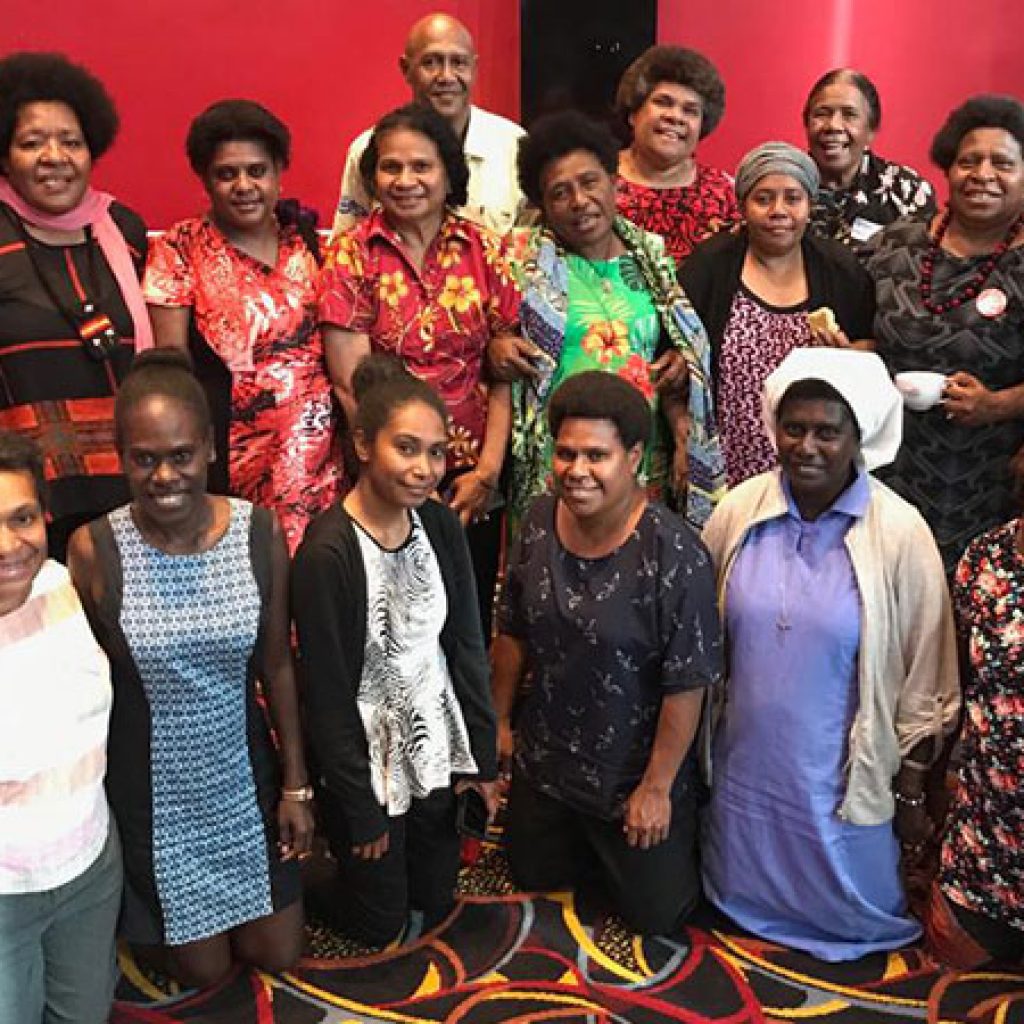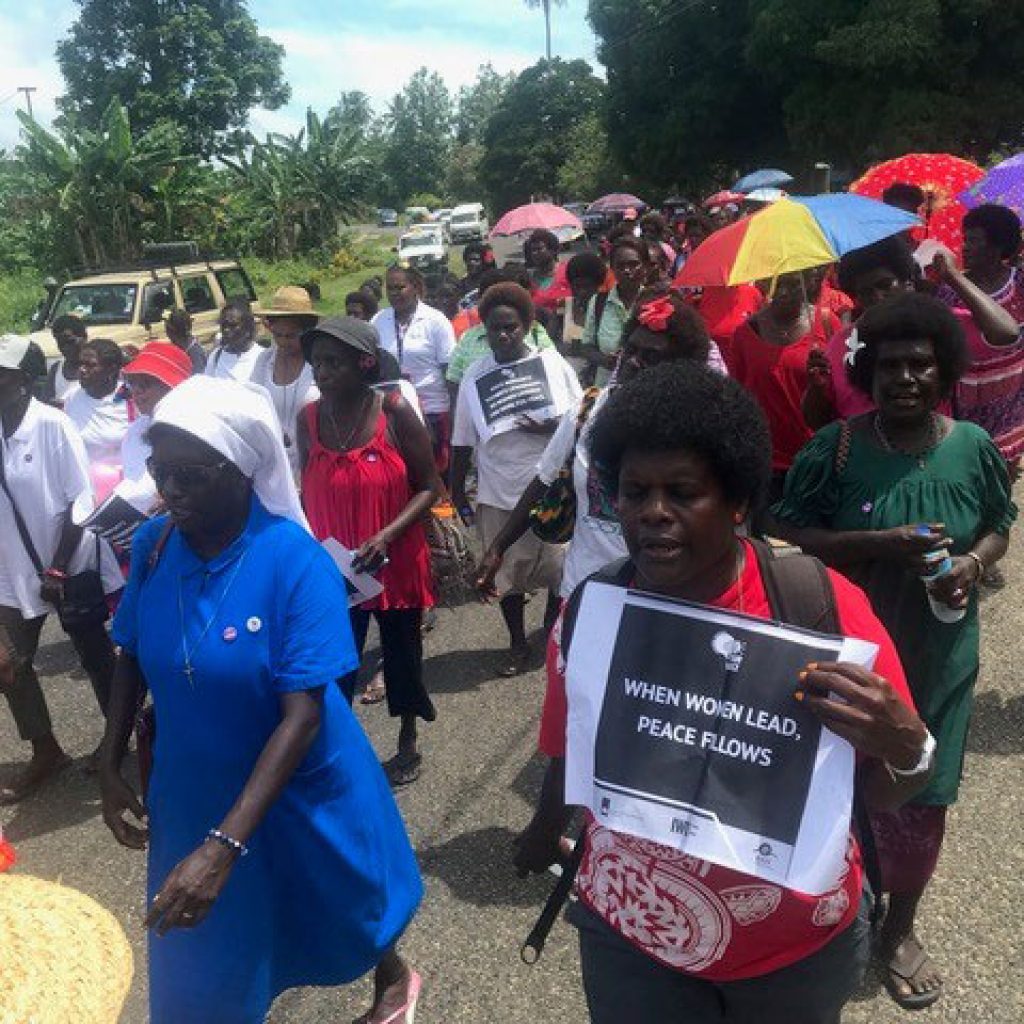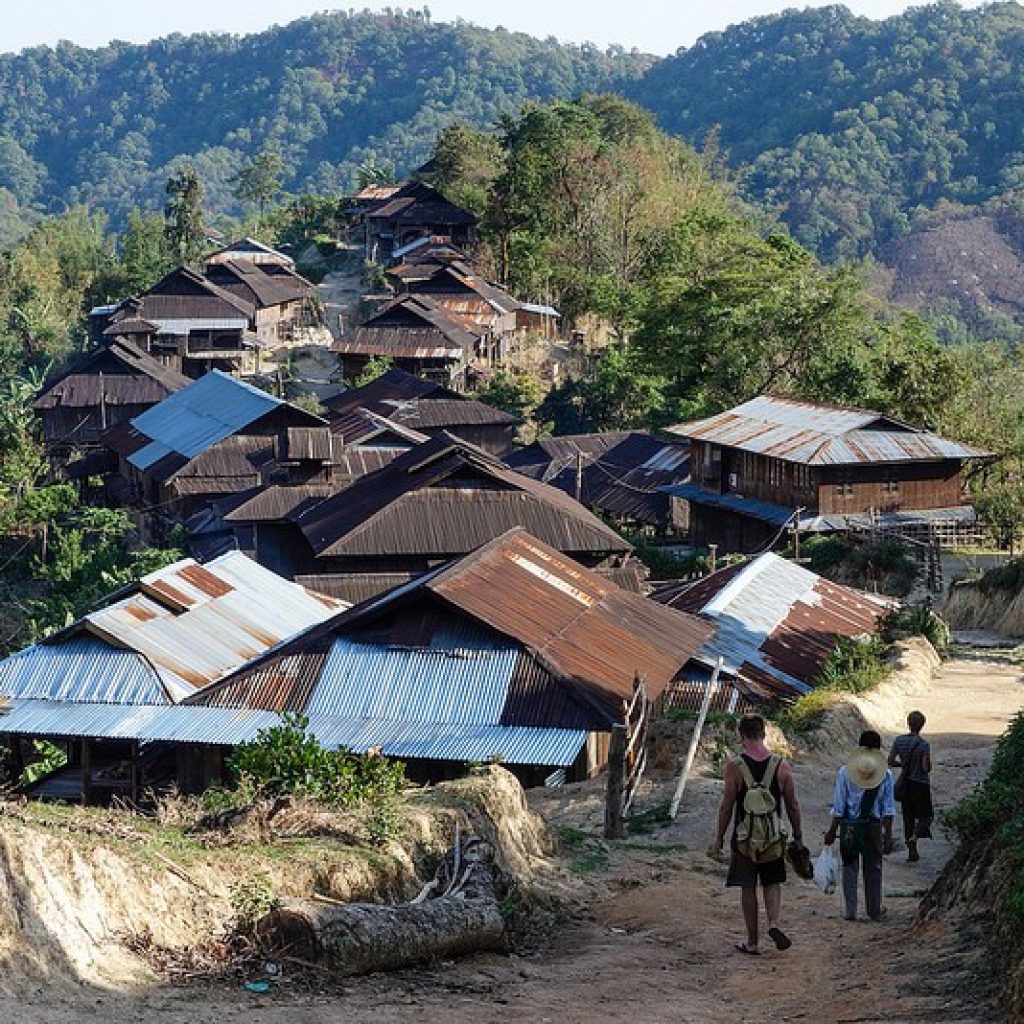
Bridging the distance: The challenges of rural feminists
No matter where you live, women are discriminated against. Women earn less than men, are nowhere close to equal representation in leadership positions, and likely to experience violence in their lifetime.
The equality gap only deepens as you leave urban areas.
Cultural traditions that prioritise the work of men and limit women to unpaid domestic labour limit women’s access to basic services. 76% of the world’s poor live in rural areas, and women’s restricted opportunities put them at greater disadvantage.
Here are some of the challenges rural women face – and some of our amazing sisters overcoming them.
Dealing with treacherous terrains
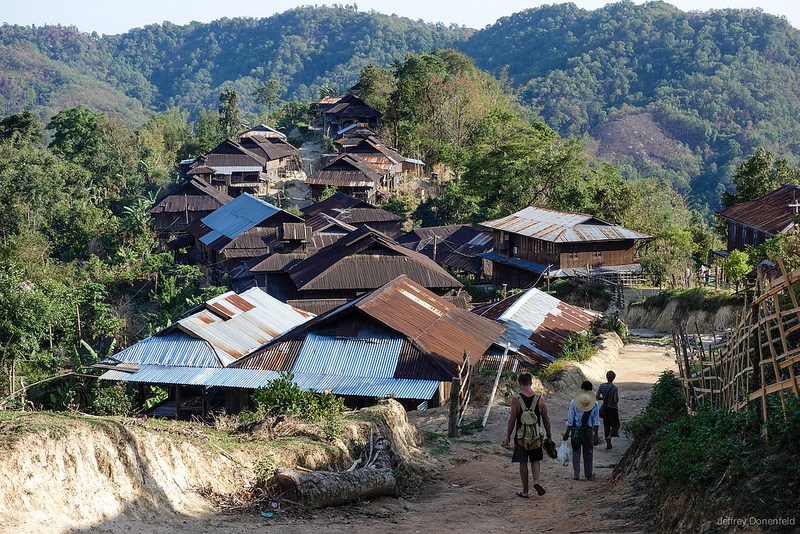
The Palaung people are an ethic group within Myanmar’s Shan State. According to a traditional Palaung proverb, “The more your husband beats you, the more he loves you”. It’s within this horrific context that Palaung Women’s Organisation’s (PWO) crisis support centre’s work to support women who have been abused or trafficked.
PWO staff and volunteers work across remote ethnic Palaung villages in 14 townships in northern Shan State. To reach some of the isolated communities they work in, it can take 2 days travel on foot through treacherous mountain terrains. During wet season, frequent rock slides make the journey incredibly dangerous.
By connecting rural women and men community leaders who are courageously speaking out against gender-based violence, they’re overcoming huge barriers, both literally and figuratively, to slowly erode the damaging cultural institutions that normalise violence.
Managing money without banks

Access to essential financial services like banks, loans and savings accounts are critical to giving women autonomy over their own money. But in Solomon Islands, these services are only available on the main island. The archipelago is made up of over 900 islands. For most people, getting to a bank can take up to a day of expensive, rough sea travel.
West ‘Are’Are Rokotanikeni Association (WARA) is a women-led, volunteer run savings club that gives women a space to come together, learn more about managing finances, and store their savings safely. Through regular money collection, WARA connects rural women with banks so they can establish financial independence and have more of a say about how their money is spent. There are branches of these savings clubs all over the country, so women living in isolated rural pockets can participate fully. And it’s really working – rural women have saved an average of SBD$480 each across the past 15-18 months. Given the fact that women are systematically excluded from many formal economies, this is the beginning of a huge cultural shift, as well as a massive individual achievement for these women.
Supporting survivors in the wake of violence
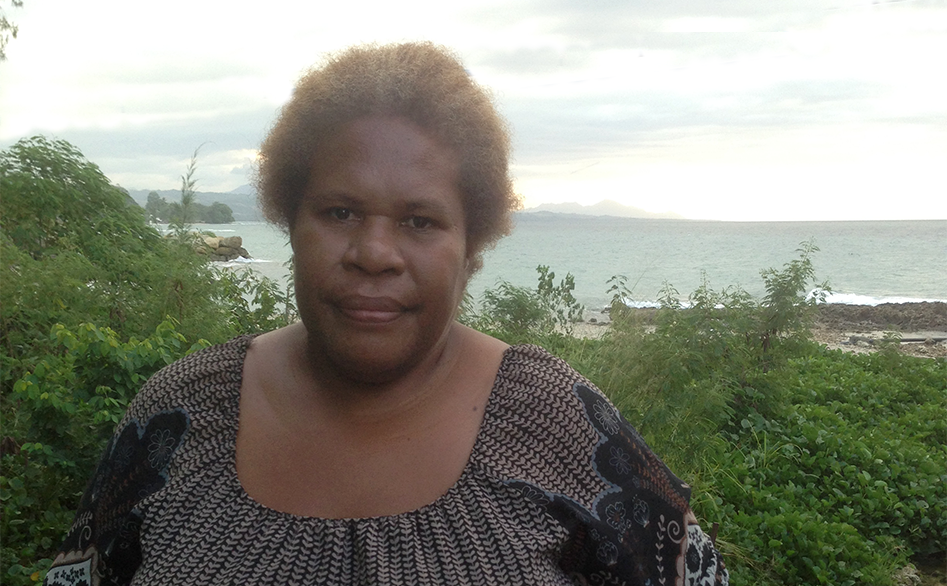
If you’re scared of a violent partner, have limited support networks at home and hospitals and police take hours to reach by boat, you’re unlikely to receive the support you deserve.
Family Support Centre are another IWDA partner working in Solomon Islands. Roughly two-thirds of women aged 15-49 will experience physical or sexual violence, but the stigma of seeking help is still a huge barrier for survivors. The inaccessibility of support services like counselling and legal aid means that rural women survivors are doubly disadvantaged.
Family Support Centre are the only secular organisation in Solomon Islands providing free counselling and in-house legal services to survivors of sexual and physical violence. Now, through a new mobile counselling service, Family Support Centre are reaching more rural women than ever before.
By training rural volunteers to provide basic counselling and legal services, and amassing a network of support services including legal centres, police, medical services, they’re ensuring rural women’s rights to safety are protected.
Working away from your family
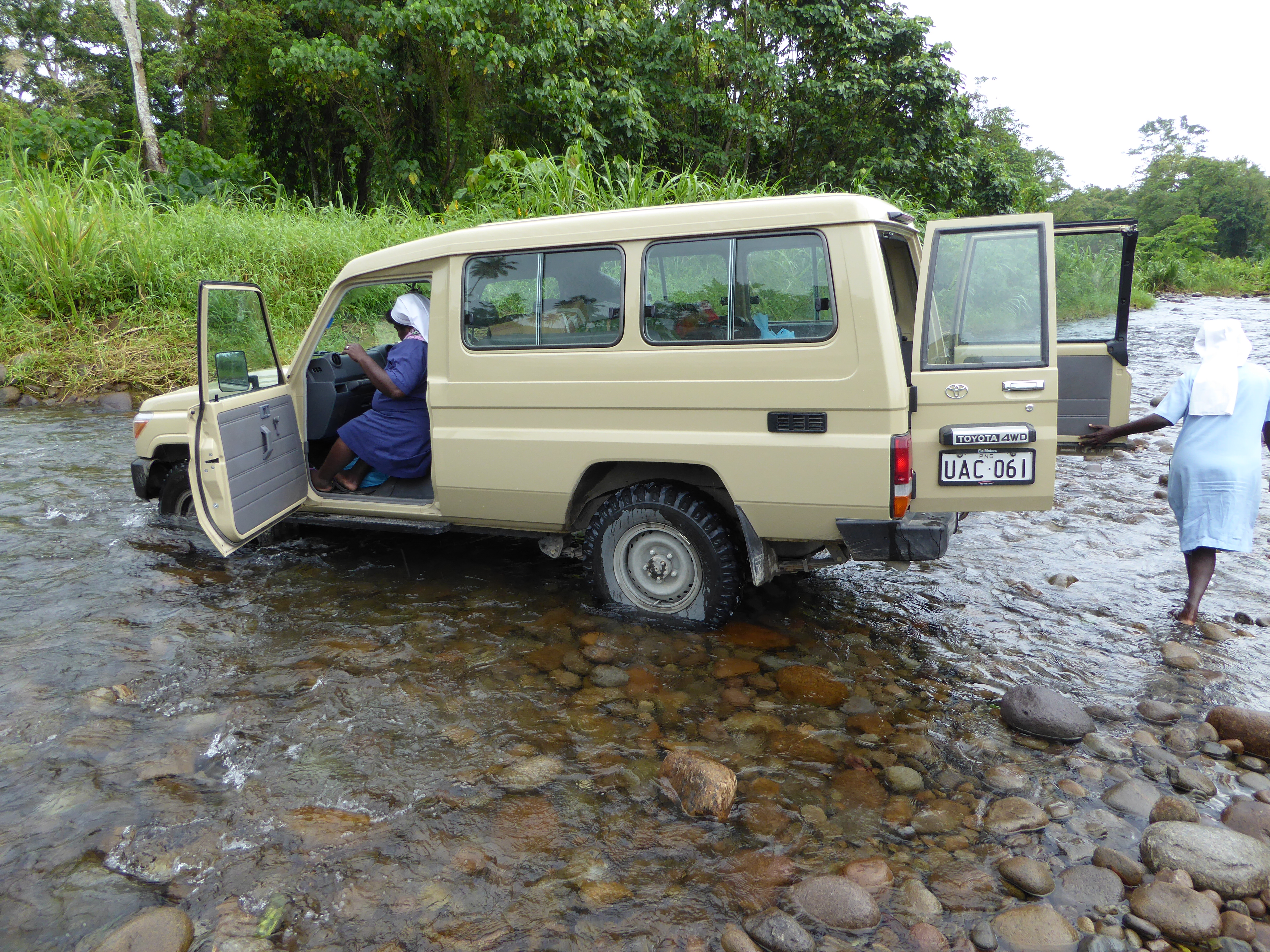
For the women of Nazareth Rehabilitation Centre in Papua New Guinea, there is no such thing as a 9 – 5 workday. With intermittent electricity, unpredictable seas, poor roads and expensive travel, their schedules have to be very flexible. Some days, they start at 4am, when the seas are quiet for travel. Other days, they work til 10pm, making the most of their electrical generator to write reports.
Nazareth work with women survivors, as well as male perpetrators of violence, to assist families to rebuild their lives and prevent further abuse. To connect rural women with counselling, and provide both women and men with gender-based violence training, the staff at Nazareth are often stationed remotely for up to two weeks at a time.
On top of missing their families, these phenomenal women must organise care for their children, which is usually picked up by extended family members. They make huge sacrifices to ensure no matter how rurally they live, all women are supported.
Every rural community is unique, with its own set of challenges. What all of the phenomenal rural women we work with across Asia Pacific have in common is a commitment to overcoming insurmountable odds to support all women, everywhere.


